This article has been compiled using information from the ECPAT Country Overview for Bangladesh, written in collaboration with our local members Association for Community Development (ACD), Ain o Salish Kendra (ASK), and Aparajeyo Bangladesh.
ECPAT Country Overviews comprehensively present all the existing research and publicly available data about sexual exploitation of children in a country. A detailed analysis of the legal and policy framework for addressing these crimes is also included. The overviews provide an assessment of achievements and challenges in implementation, existing counteractions, and suggest concrete priority actions to eliminate the sexual exploitation of children in the target country.

ECPAT’s Terminology Guidelines defines child sexual abuse as sexual activities committed against children (persons under 18), by adults or peers and usually involves an individual or group taking advantage of an imbalance of power. Force may be used, with offenders frequently using authority, power, manipulation, or deception.
Child sexual exploitation involves the same abusive actions. However, an additional element must also be present – exchange of something (e.g. money, shelter, material goods, non-material things like protection or a relationship), or even the mere promise of such. It can occur offline, online and through a combination of both.
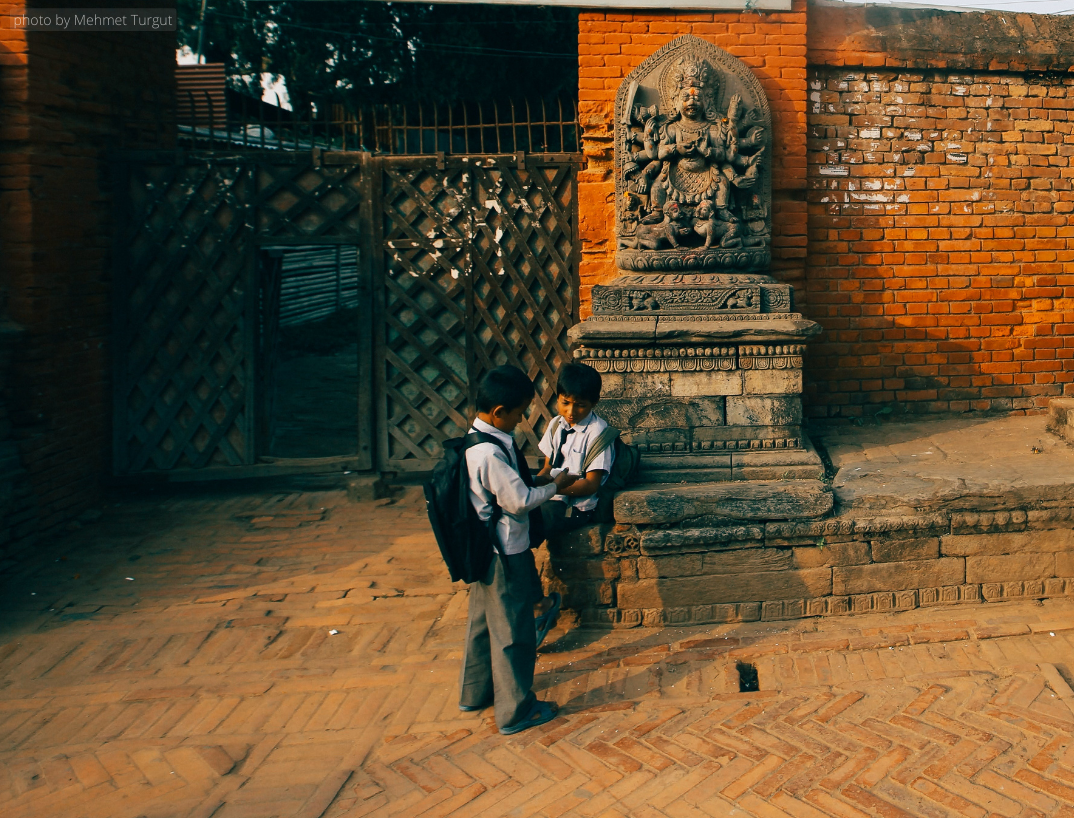
Data from the ECPAT Country Overview indicates that due to factors such as poverty, widespread physical violence, and insecurity caused by extreme weather and natural disasters, children in Bangladesh were more vulnerable to sexual exploitation.
While Bangladesh has introduced a range of provisions to improve children’s legal right to access justice and recovery services and despite the country’s commitment to the majority of international conventions that address the issues of child sexual exploitation, improvements need to be made to better protect children. Gendered provisions in the country’s legislation also leave boys particularly vulnerable to sexual crimes.
Bangladesh has ratified most major international conventions addressing the sexual exploitation of children, as well as many additional international and regional frameworks. At the national level, legislations that ensure child protection from sexual exploitation crimes have also been introduced, such as the Prevention and Suppression of Human Trafficking Act in 2012 to effectively criminalise offences related to child trafficking.
However, important limitations still exist within Bangladesh’s legislation. For instance, exemptions in the Child Marriage Restraint Act continue to permit marriages for children under special circumstances, at the direction of the court, and the child’s parents. Worryingly, a 2020 Human Rights Watch report noted that laws under this Act are enforced.
The growing adoption of the Internet in Bangladesh has also created an urgent need for new legislation that criminalises all forms of online child sexual exploitation and abuse, including grooming for sexual purposes and live streaming of child sexual abuse.
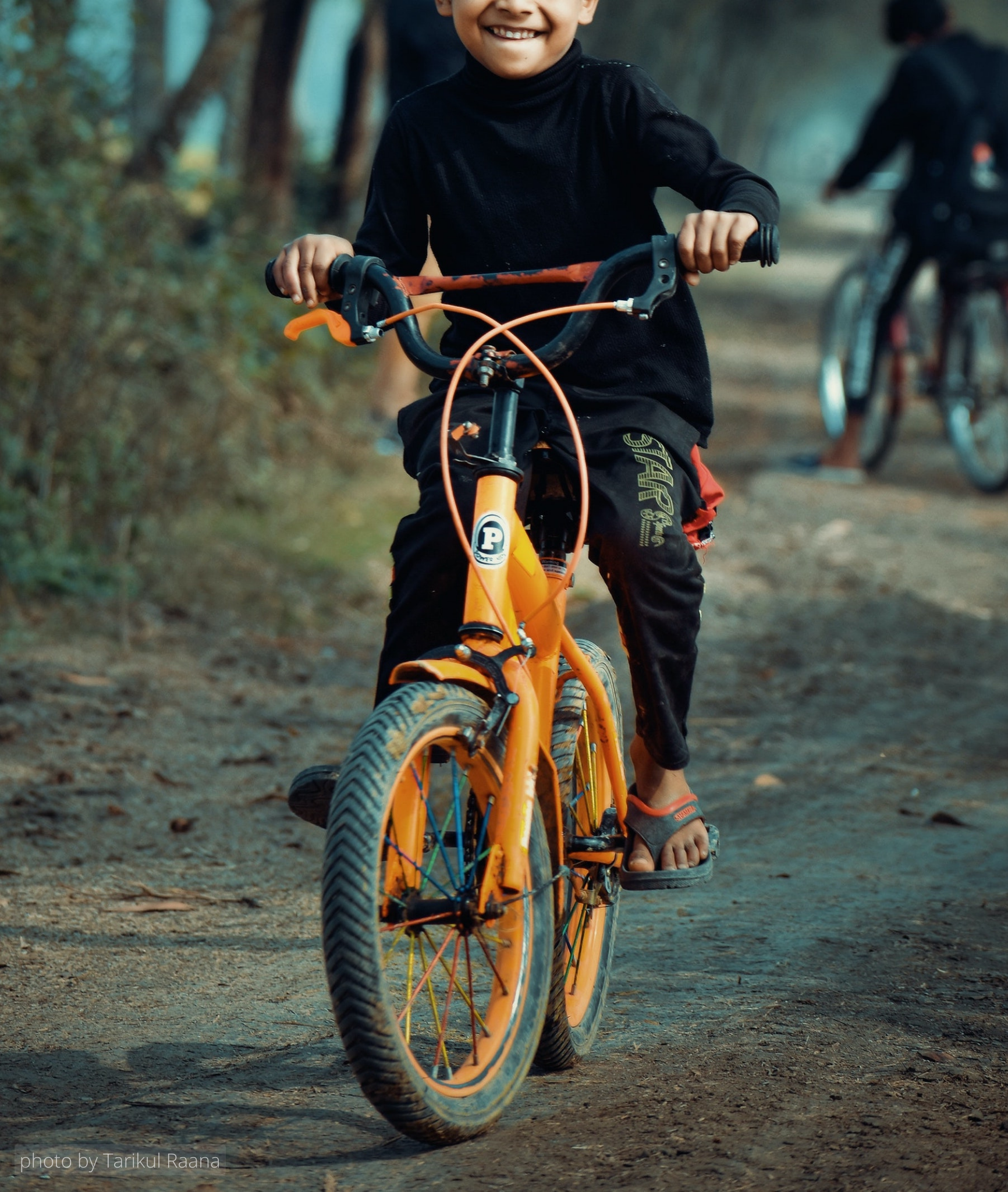
Certain gendered provisions under the Bangladeshi legislation means that protection is only given to girls, placing boys at an increased risk of crimes, such as child rape.
For example, the Penal Code establishes the age of sexual consent at 14 by specifically criminalising sexual intercourse between a man and a female under 14 years of age. Based on this definition, the crime only applies to girls, as no minimum legal age for sexual consent has been established for boys. This gendered definition of rape leaves boys without protection and vulnerable to sexual crimes.
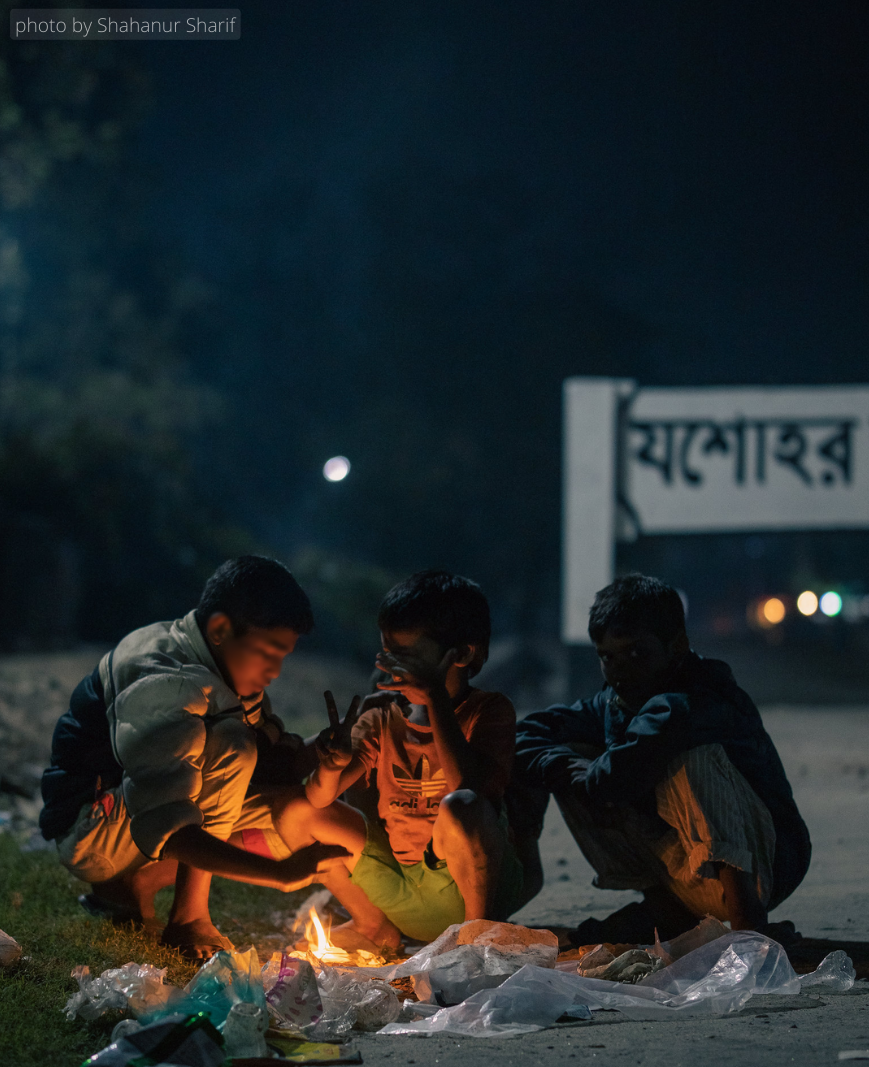
Bangladesh does not have a national action plan specifically dedicated to the sexual exploitation of children. Instead, certain forms of child sexual exploitation are addressed under other national action plans.
However, the primary focus on child trafficking; and child, early and forced marriage; fail to comprehensively address the sexual exploitation of children in prostitution, online sexual exploitation of children, and the sexual exploitation of children in travel and tourism.
Research on the sexual exploitation of children in Bangladesh is extremely limited and not up-to-date. The last widespread data collection on the sexual exploitation of children by the government of Bangladesh was in 2008. This makes it difficult to assess the scope of the issue and hinders efforts to develop effective strategies to tackle child sexual exploitation. Detailed and current data is essential to better understanding the issue’s prevalence and its impact on different populations in the country.
Following the targeted violence against the Rohingya population in Myanmar in 2017, large numbers of the population fled and sought refuge in Bangladesh. Recent reports estimate that over 450,000 displaced Rohingya children reside in the refugee camps in Cox’s Bazar.
Research has shown that children in situations of conflict, poverty, and displacement are at especially high risk of sexual exploitation. Trafficking, child prostitution, and child, early, and forced marriage are some of the vulnerability factors facing Rohingya children residing within these camps.
In response to this situation, the Government of Bangladesh collaborated with several organisations to develop the Child Protection Sub Sector Strategy, which recognises child marriage and trafficking as key risks for Rohingya children. However, the primary objective of this initiative is to link children to support services, rather than to outline specific strategies to address the sexual exploitation of children in these situations.
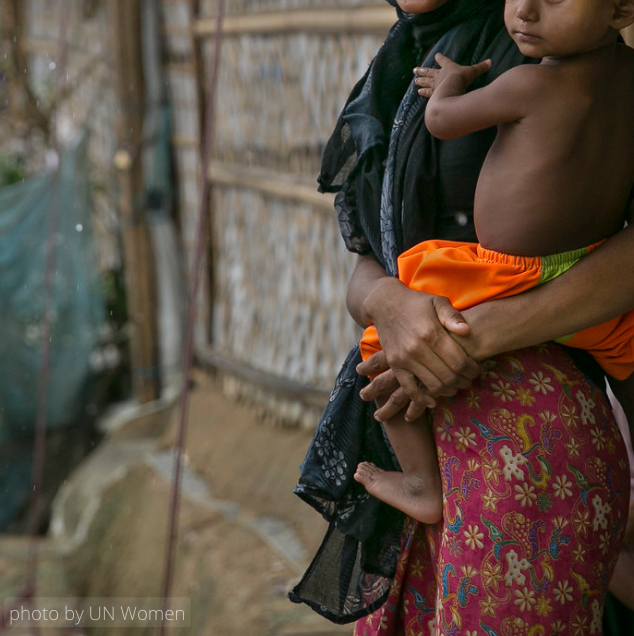
Due to a lack of research into the issue, very little is known about the sexual exploitation of children in travel and tourism in Bangladesh, and no provisions under the country’s legislation criminalise such offences.
While international tourism is expected to slowly recover post-COVID-19, domestic tourism has become increasingly popular in Bangladesh, accounting for 96% of spending within the country’s tourism sector.
However, this has brought about increased risks of sexual exploitation of children, particularly for vulnerable communities. The US Department of State’s 2022 Trafficking in Persons report found that tourists increased the demand for the sexual exploitation of children, particularly Rohingya girls near Cox’s Bazar. Similar reports in the media also detail the harrowing experiences of Rohingya girls sexually exploited by domestic tourists.
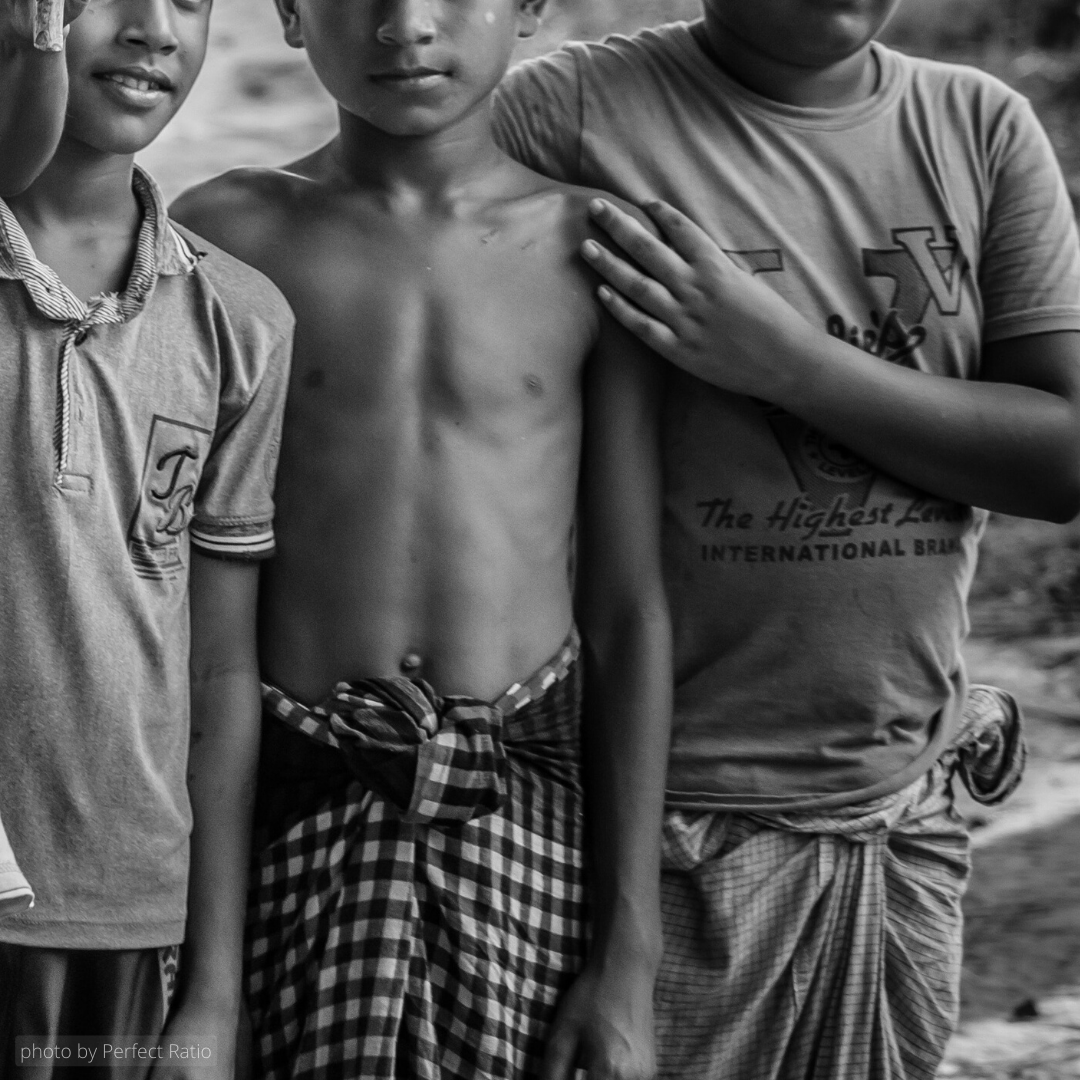
Voluntourism, which are packaged tourist trips for travellers to do voluntary or charity work, is a popular activity across South Asia. While it is a valuable way to contribute to society, it allows for unregulated access to vulnerable children, placing them also at risk of sexual exploitation.
Currently in Bangladesh, there are no laws that regulate the use of volunteers that work in roles with direct contact with children. Travel and tourism companies are also not required by law to adhere to national child protection legislation.
The Children’s Act was introduced in 2013 to improve children’s legal right to access to justice and appropriate remedies.
The Act outlines requirements for various child-friendly justice measures, including the establishment of Children’s Courts throughout the country, child-friendly reporting mechanisms, and rights for child victims to be provided with recovery and reintegration services.
Despite this, it is evident that difficulties persist in the implementation of such measures.

Although the Children’s Act was enacted in 2013, the first Children’s Court was only established 5 years later in 2018. As of 2020, UNICEF reported that only 16 child-friendly courts were established in Bangladesh, despite the country containing 64 districts.
Reports of issues with the state of the facilities, environments, and delays in access to compensation ay Children’s Courts, not only serve to hamper children’s access to justice, but may even lead to them withdrawing their cases.
Although guaranteed by law, child victims of sexual exploitation face difficulties accessing recovery and reintegration services in Bangladesh. This often resulting from limited organisational resources and capacities, as well as insufficient training of staff.
A 2020 Human Rights Watch report noted a “glaring gap” between the number of women and girls using the national helpline and those who were referred to the necessary services, suggesting the availability of resources did not meet demand. The report also noted that lengthy delays between children seeking help and the time to when referrals were being given to the required services were also observed.